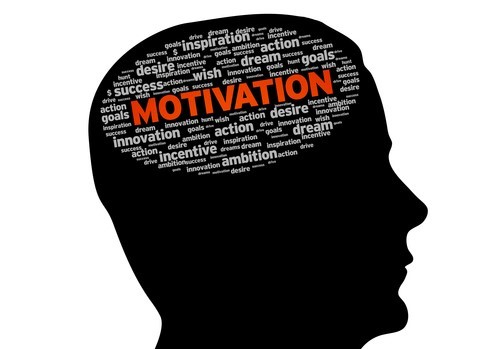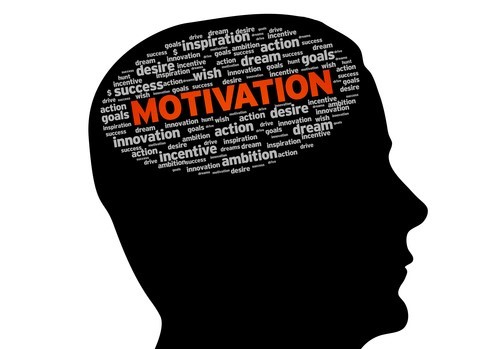The body is the key to becoming free to live our values fully
At the centre of World Values Day is the call to live our values more fully. Usually this starts with thinking about our values, talking to each other about our values, deciding on an action to take or behaviour to change. This is all initiated in the mind – necessary but not sufficient.
Neuroscience shows that our bodies have a big role to play in living our values
Neuroscience is teaching  us much about the significant role of the physical brain and our physiology more broadly as it impacts our actions and responses. It is easy to make resolutions sitting quietly in a reflective mode but it can be difficult in the heat of the moment, to see these through. You may have decided to be more patient or compassionate but it just takes a stressful tiring day or even as little as ‘that’ particular turn of phrase or tone of voice for all patience or compassion to fly out of the window! We now know that one of the reasons we find this so difficult is that any form of inner negativity (state of mind, tension in the body) activates the reptilian brain with its limited and archaic defensive responses. Whereas the capacity to relax, soften, and open activates an entirely different neural pathway, allowing us to draw on a much greater range of our own creative intelligence.
us much about the significant role of the physical brain and our physiology more broadly as it impacts our actions and responses. It is easy to make resolutions sitting quietly in a reflective mode but it can be difficult in the heat of the moment, to see these through. You may have decided to be more patient or compassionate but it just takes a stressful tiring day or even as little as ‘that’ particular turn of phrase or tone of voice for all patience or compassion to fly out of the window! We now know that one of the reasons we find this so difficult is that any form of inner negativity (state of mind, tension in the body) activates the reptilian brain with its limited and archaic defensive responses. Whereas the capacity to relax, soften, and open activates an entirely different neural pathway, allowing us to draw on a much greater range of our own creative intelligence.
Developing the ability to consciously change our inner state of body and mind
Of course we know that ‘living’ is not just a mental activity, it obviously incorporates our physical being too, and so to ‘live our values more fully’ surely must include attention to our physical bodies. We need to develop the ability to consciously change our physiology to be more in service of the actions, behaviours and responses that align with our values.
This development starts with body consciousness – noticing when and where we are holding tensions. Then using relaxation, movement, breathing and positive mental images to consciously shift ourselves into a more positive and resourceful state.
Then we can say as Dan Siegel, author of Interpersonal Neurobiology points out – it may not be my fault because my brain did this, but it is my responsibility to make a change!
Try This Exercise
 Sitting or standing, bring your attention into your body, noticing your sensations, and gently letting go of any tensions you find there. Then with your arms down by your sides, breathe in and raise your straight arms sideways, opening wide and making a big circle up to a ‘V’ shape above your head. Hold your breath there while you gently stretch up to your fingertips. Then breathe out very slowly as you bring your hands in front of your face, palms facing your body, and move them down in front of your body in a kind of scanning movement. End with our arms by your sides again. Take a few natural breaths and then repeat to do three time. Pause for a moment and notice how you feel. If you’d like to, you can add an intention to the movement, holding a value in mind and gathering up all the patience/compassion/… with your breath and arms, then imagining you are almost installing it in your body, letting it settle and strengthen in all parts of your body as you breathe out and scan down with your hands.
Sitting or standing, bring your attention into your body, noticing your sensations, and gently letting go of any tensions you find there. Then with your arms down by your sides, breathe in and raise your straight arms sideways, opening wide and making a big circle up to a ‘V’ shape above your head. Hold your breath there while you gently stretch up to your fingertips. Then breathe out very slowly as you bring your hands in front of your face, palms facing your body, and move them down in front of your body in a kind of scanning movement. End with our arms by your sides again. Take a few natural breaths and then repeat to do three time. Pause for a moment and notice how you feel. If you’d like to, you can add an intention to the movement, holding a value in mind and gathering up all the patience/compassion/… with your breath and arms, then imagining you are almost installing it in your body, letting it settle and strengthen in all parts of your body as you breathe out and scan down with your hands.
Sophrology: The science of consciousness in harmony
This exercise is taken from Sophrology, a body-mind practice in use for over 50 years in French-speaking countries. The word itself comes from Greek roots meaning the science, or study, of consciousness in harmony. Sophrology teaches techniques and exercises you can use on your own. It offers a unique and powerful way to explore values using both our bodies and minds to become aware of, and live our values more fully in each moment. Look out for free Sophrology events taking place around the world on World Values Day.
For more on Sophrology, see www.mindfulness-skills.co.uk and www.sophroacademy.co.uk
About The Author
Liz Murphy is a practicing Sophrologist, and a Board member of the Sophrology Academy. She works with values-based approaches to wellbeing, leadership and culture in organisations and is on the Steering Group of the UK Values Alliance.
Further Resources
- Learn more about sophrology from the Sophrology Academy
- Learn more about Dan Siegel and Interpersonal Neurobiology
- See the previous blog in the series – Everything I Have Learned About Values, by Richard Barrett
- See the next blog in the series – Values & Jane Austen, by Jackie Le Fevre
- See the full list of blogs at www.worldvaluesday.com/blogs
- Participate in the Values Challenge this year! Follow these links for organisations, for community groups, for schools, or for individuals.
- For more inspiration, follow us on social media: LinkedIn | Twitter | Facebook | Instagram







